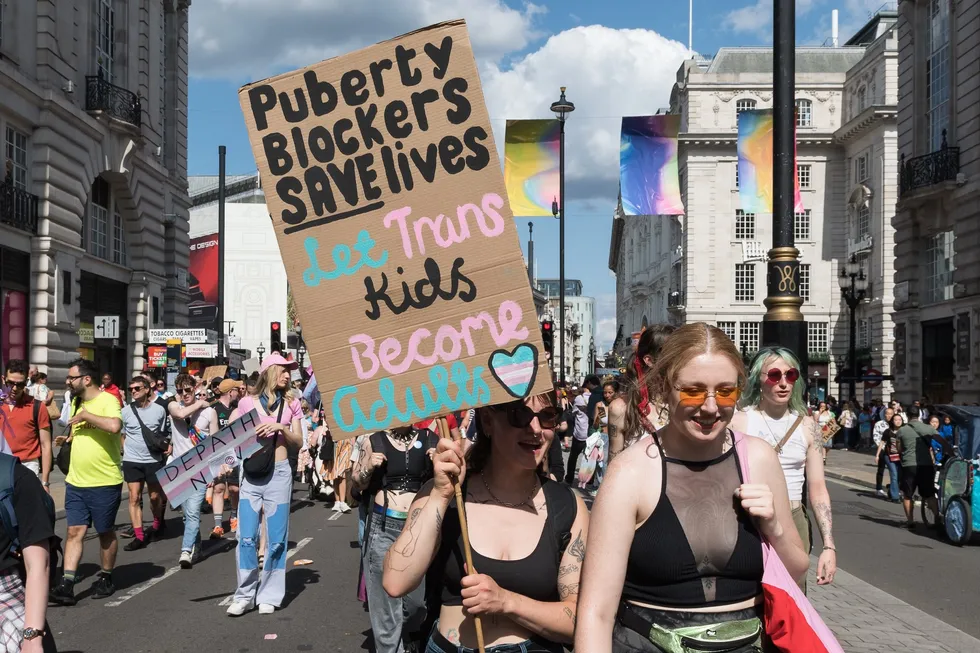Research results on puberty blockers delayed because researchers don’t want them to be ‘weaponized,’ NYT report says

A blockbuster New York Times report said that researchers trying to prove the effectiveness of puberty blockers refused to publish the results when they did not suit their political agenda.
The study was conducted by Johanna Olson-Kennedy, who is described as an “influential doctor and advocate of adolescent gender treatments” and who, with her colleagues at the Los Angeles Children’s Hospital, received millions of dollars in 2015 to document medical treatments for transgender youth, according to the Times.
‘I understand the fear about it being weaponized, but it’s really important to get the science out there.’
Olson-Kennedy and others gave puberty blockers to 95 children and followed them for two years in hopes of providing evidence that the controversial treatments eased depression and mental illness from body dysmorphia.
Years later, Olson-Kennedy admits that the results were not what they expected and gave a dubious excuse for not publishing them.
“They’re in really good shape when they come in, and they’re in really good shape after two years,” she said.
However, the Times report noted that the claim contradicted an earlier description of the child cohort that said a quarter of them were either suicidal or depressed before the puberty blocker treatment.
And while it’s been nine years since she received the funding, she said that they were not publishing their results out of political motivations.
“I do not want our work to be weaponized,” she said. “It has to be exactly on point, clear and concise. And that takes time.”
Olson-Kennedy also claimed the delays were due to budget cuts, but the Times again contradicted that excuse by reporting that the researchers had received $9.7 million to date for the broader survey.
The Times then obtained comments from other researchers who were alarmed by Olson-Kennedy’s actions.
“I understand the fear about it being weaponized, but it’s really important to get the science out there,” said Boston College clinical and research psychologist Amy Tishelman.
“No change isn’t necessarily a negative finding — there could be a preventative aspect to it,” she added. “We just don’t know without more investigation.”
Pediatrician Dr. Hilary Cass said that delaying results misleads the public about whether transgender treatments are actually beneficial.
“It’s really important we get results out there so we understand whether it’s helpful or not, and for whom,” she said.
Like Blaze News? Bypass the censors, sign up for our newsletters, and get stories like this direct to your inbox. Sign up here!









